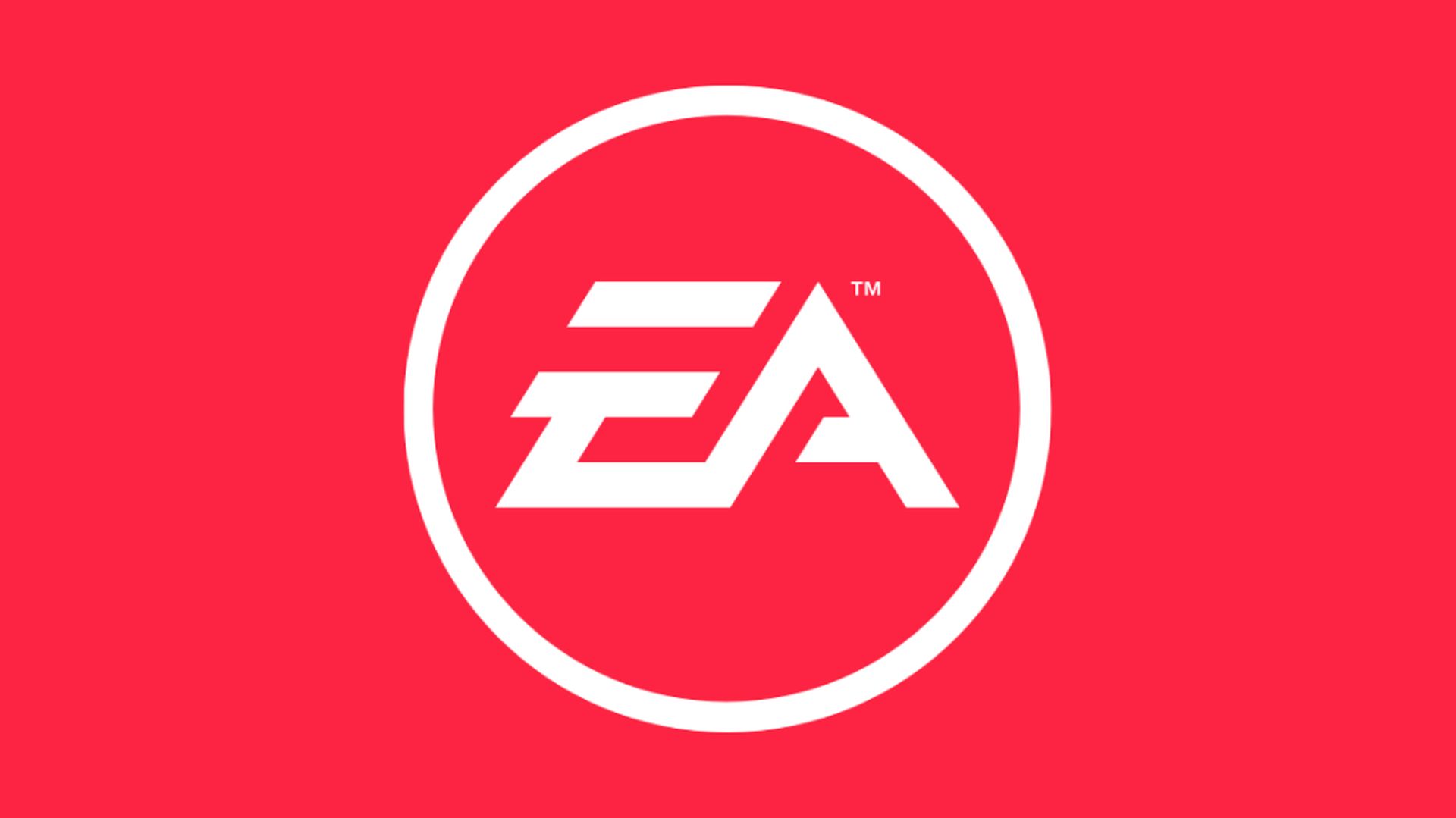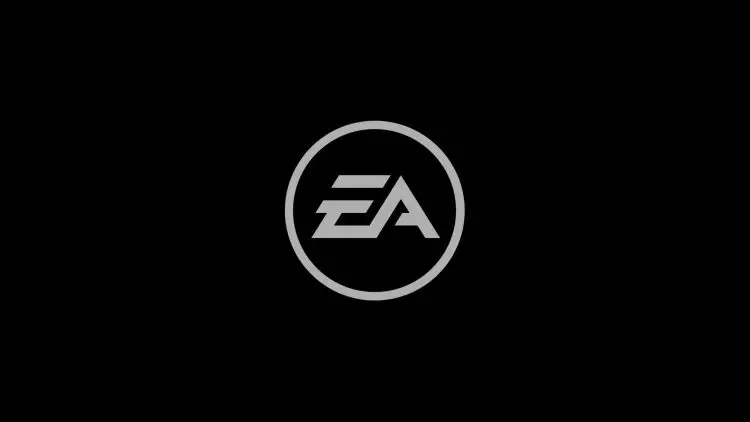The recent round of EA layoffs has sent a ripple through the gaming industry, as the maker of popular franchises such as Madden NFL, Apex Legends, and The Sims announces plans to cut approximately 5% of its global workforce.
This move comes amidst a broader trend of layoffs throughout the gaming sector, highlighting challenges facing even some of the biggest names in the industry.
Why the EA layoffs?
Electronic Arts has cited a need to restructure and focus on “strategic priorities and growth initiatives” as the primary reasons behind the EA layoffs. The company has also indicated changes to its future content plans in response to shifts in the industry.
As with many recent tech and gaming layoffs, a combination of factors likely lies behind the decision:
- Economic uncertainty: The current global economic climate, with rising inflation and recession fears, puts pressure on companies to conserve resources
- Post-pandemic slowdown: The surge in gaming activity during the pandemic may be leveling off, leading to a readjustment of expectations
- Shifting player preferences: As the industry rapidly evolves, companies must adapt to stay competitive. This may involve focusing on different game genres or business models

How big is EA employees?
While the exact number of employees can change over time, it’s estimated to be around 12,000 to 13,000 individuals. To find the most up-to-date information on EA’s employee count, you can check a few reliable sources.
EA’s website, particularly their “About Us” or “Careers” sections, might provide updated figures.
Additionally, EA’s public financial reports will often include their current employee numbers.
The wider impact of gaming layoffs
The EA layoffs are unfortunately not an isolated incident. Over the past year, numerous gaming companies have announced workforce reductions, including:
- Microsoft: Cut 1,900 positions from its Xbox and Activision Blizzard divisions
- Riot Games (Tencent): Announced 11% of its workforce would be laid off
- Epic Games: Laid off 830 employees in September
- Sony: Plans to reduce its global workforce by around 900 positions
This widespread trend raises concerns about the long-term stability of the gaming industry and the job security of those who work in it.

What does this mean for gamers?
While the EA layoffs could mean fewer new job opportunities within the company, the impact on gamers may not be immediately apparent. EA has a strong lineup of existing games and franchises likely to continue receiving support.
However, in the long term, layoffs can impact a company’s ability to innovate and potentially lead to delays or cancellations of projects.
The future of the gaming industry
Despite the recent layoffs, the gaming industry remains a massive and dynamic sector. The key for both companies and workers in this space is adaptability.
Companies need to remain responsive to market trends, while game developers and other specialists need to continuously develop their skills and stay aware of the changing landscape.

The news of the EA layoffs is a reminder that even major players in the gaming industry are subject to economic downturns and market shifts.
While there is uncertainty in the short term, the long-term outlook of the gaming industry remains positive; companies and workers who embrace innovation and stay ahead of the curve will likely be the ones to thrive.
What games are under EA?
EA is a powerhouse in the gaming industry, and will probably stay that way after the EA layoffs, responsible for some of the most iconic and beloved franchises.
Here’s a breakdown of some of their most popular games:
- FIFA Series (Now EA FC)
- Madden NFL Series
- NHL Series
- UFC Series
- Apex Legends
- Battlefield Series
- Star Wars Jedi: Fallen Order
- Need for Speed Series
- Mass Effect Series
- The Sims Series
- It Takes Two
- Titanfall Series
- Plants vs. Zombies Series
This is just a small selection! EA has a vast library of games across many genres. You can explore their full catalog on the official EA website.
Featured image credit: EA Games.





